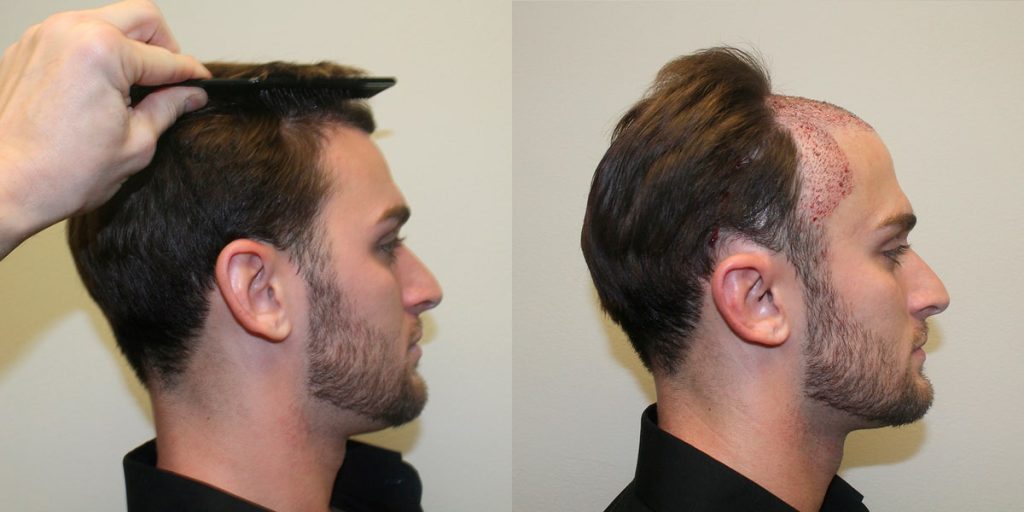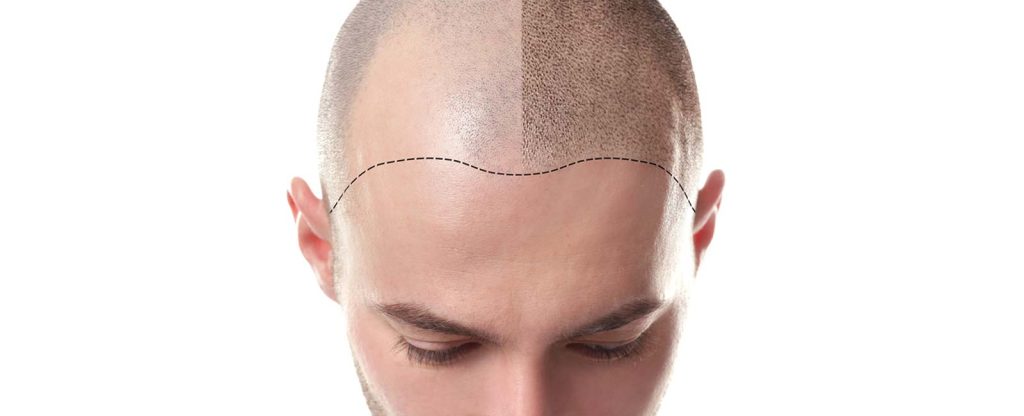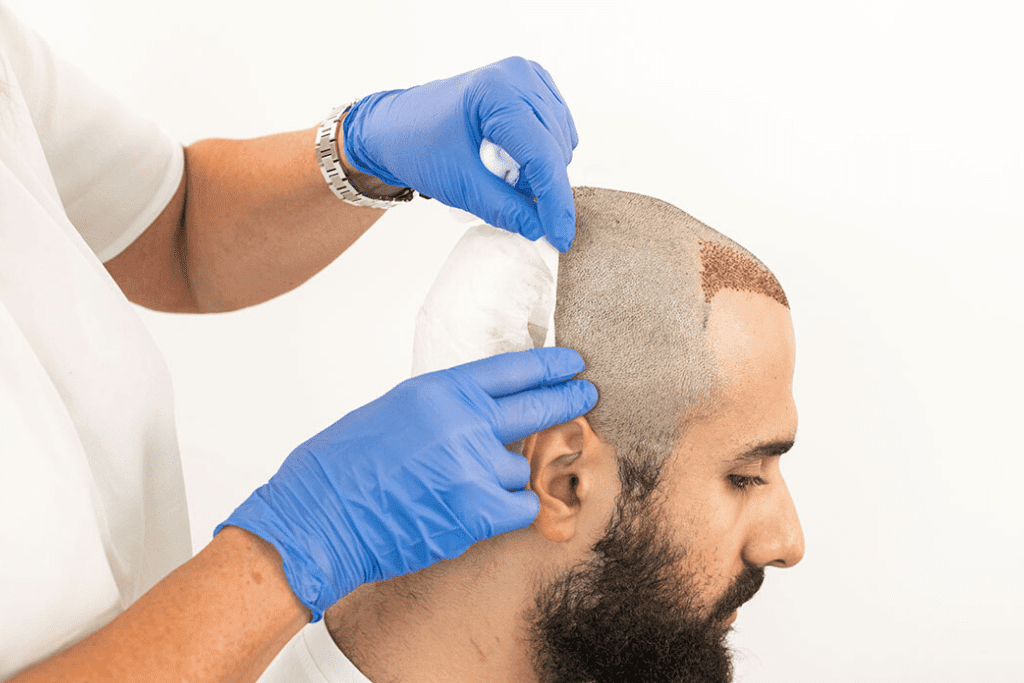After a hair transplant, many individuals experience itching in the donor and recipient areas of the scalp. This can be quite uncomfortable and concerning, but there are several solutions to help alleviate the itching and promote healing. Understanding the causes of itching after a hair transplant and knowing how to address it can make the recovery process much more manageable.
Itching: A Common Side Effect of Hair Transplant Procedures

When considering a hair transplant procedure, it’s important to be aware of the potential side effects. One common side effect that many patients experience is itching. This itching can be quite uncomfortable, but it is a normal part of the healing process. It typically occurs as the hair follicles begin to heal and new hair starts to grow. While the itching can be bothersome, it is important not to scratch the scalp as this can lead to infection or damage to the newly transplanted hair.
Causes of Itching After Hair Transplant
There are several reasons why itching occurs after a hair transplant:
- Healing Process: As the scalp heals from the transplant, itching is a natural part of the process.
- New Hair Growth: The growth of new hair can also cause itching as the follicles become active.
- Scabbing: As the scalp scabs from the transplant, it can result in itching sensations.
Although itching is normal, it’s important to follow the post-transplant care instructions provided by your surgeon to minimize discomfort and ensure proper healing. Using the prescribed medications and avoiding scratching the scalp are key in managing itching after a hair transplant procedure. If you have concerns about excessive itching or any other side effects, be sure to consult your surgeon for guidance.
Effective Strategies to Alleviate Scalp Itchiness After Hair Transplant Surgery
Undergoing a hair transplant surgery can result in scalp itchiness, which can be uncomfortable and frustrating. However, there are effective strategies to alleviate this post-surgery symptom and promote faster healing.
Proper Hair Washing
Use a gentle shampoo and lukewarm water to avoid irritation and ensure cleanliness. Pat the scalp dry with a soft towel.
Moisturizing Treatments
Apply a recommended moisturizer to keep the scalp hydrated and prevent dryness, itching, and flaking.
Avoiding Scratching
Resist the urge to scratch the scalp, as it can lead to infections and disrupt the healing process.
Consulting with a Professional
If the itchiness persists, consult with your surgeon or dermatologist to rule out any complications and receive personalized recommendations.
| Proper Hair Washing | Moisturizing Treatments | Avoiding Scratching |
|---|---|---|
| Use gentle shampoo and lukewarm water | Apply recommended moisturizer | Resist the urge to scratch |
By following these effective strategies and seeking professional guidance when needed, you can alleviate scalp itchiness and promote a successful healing process after hair transplant surgery.
The Role of Aftercare: Comprehensive Guidelines to Minimize Itching Following Hair Restoration

After undergoing a hair restoration procedure, it is essential to follow a comprehensive aftercare routine to minimize itching and promote healing. Proper aftercare can significantly impact the overall success and satisfaction of the procedure. To minimize itching, it is crucial to follow specific guidelines, including keeping the scalp clean and avoiding tight headwear. Additionally, using prescribed medications and avoiding scratching are essential aspects of aftercare that can minimize itching and promote optimal healing.
Importance of Aftercare
Aftercare plays a vital role in the success of any hair restoration procedure. It helps minimize the risk of complications and promotes proper healing. By following comprehensive aftercare guidelines, patients can minimize itching and discomfort, ultimately enhancing their satisfaction with the results of the procedure. Therefore, understanding the role of aftercare and adhering to the prescribed guidelines is crucial for a successful hair restoration experience.
Preventative Measures to Reduce Itching During the Hair Transplant Healing Process

After undergoing a hair transplant, the healing process is crucial for successful results. However, itching can be a common and uncomfortable side effect during this time. To reduce itching and promote optimal healing, it’s important to take preventative measures. Here are some important steps to consider:
1. Gentle Cleansing:
It is essential to keep the recipient area clean, but avoid aggressive scrubbing or rubbing, as this can trigger itching. Use a mild, non-irritating cleanser to gently wash the area.
2. Moisturize Regularly:
Keeping the scalp well moisturized can help alleviate itching. Opt for a non-greasy, fragrance-free moisturizer and apply it as directed by your physician.
3. Avoiding Direct Sun Exposure:
Protecting the scalp from the sun is crucial during the healing process. Use a hat or sunscreen with at least SPF 30 to prevent sun damage and potential itching.
By following these preventative measures, you can reduce itching and promote a more comfortable healing process after your hair transplant.
Frequently Asked Questions
Is hair transplant procedure itchy?
It is possible to experience itching after a hair transplant as part of the healing process. This is a common side effect and can be managed with prescribed medications.
How long does the itching last after a hair transplant?
The itching can persist for a few weeks following a hair transplant, but it should gradually subside as the scalp heals. Following post-operative care instructions can help alleviate this symptom.
Can I scratch my scalp after a hair transplant?
It is important to avoid scratching or rubbing the scalp after a hair transplant to prevent damage to the newly transplanted hair follicles. If itching becomes bothersome, consult your doctor for appropriate remedies.
Are there any specific products to alleviate itching after a hair transplant?
Your doctor may recommend certain shampoos or topical treatments to alleviate itching after a hair transplant. It is important to follow their instructions and avoid using any products that may interfere with the healing process.
When should I be concerned about itching after a hair transplant?
If itching persists for an extended period or is accompanied by other concerning symptoms such as redness, swelling, or pain, it is important to contact your doctor for further evaluation and guidance.
